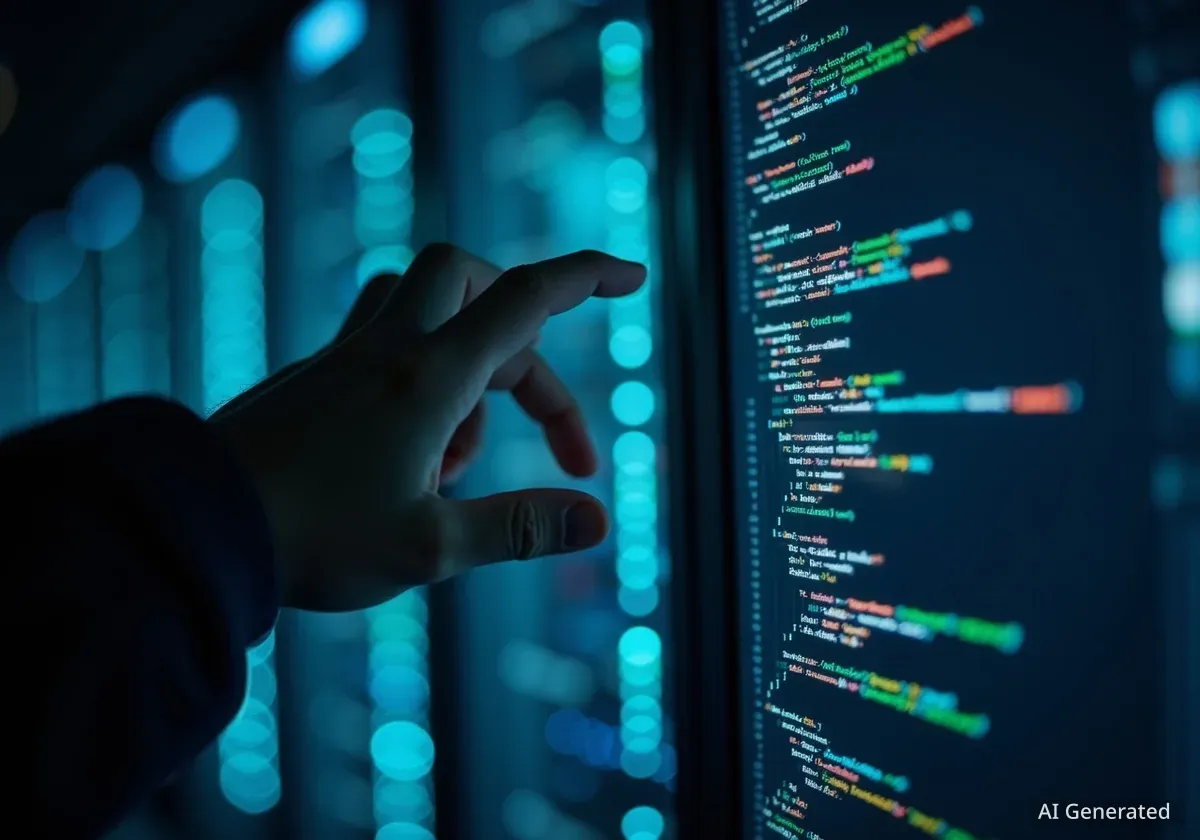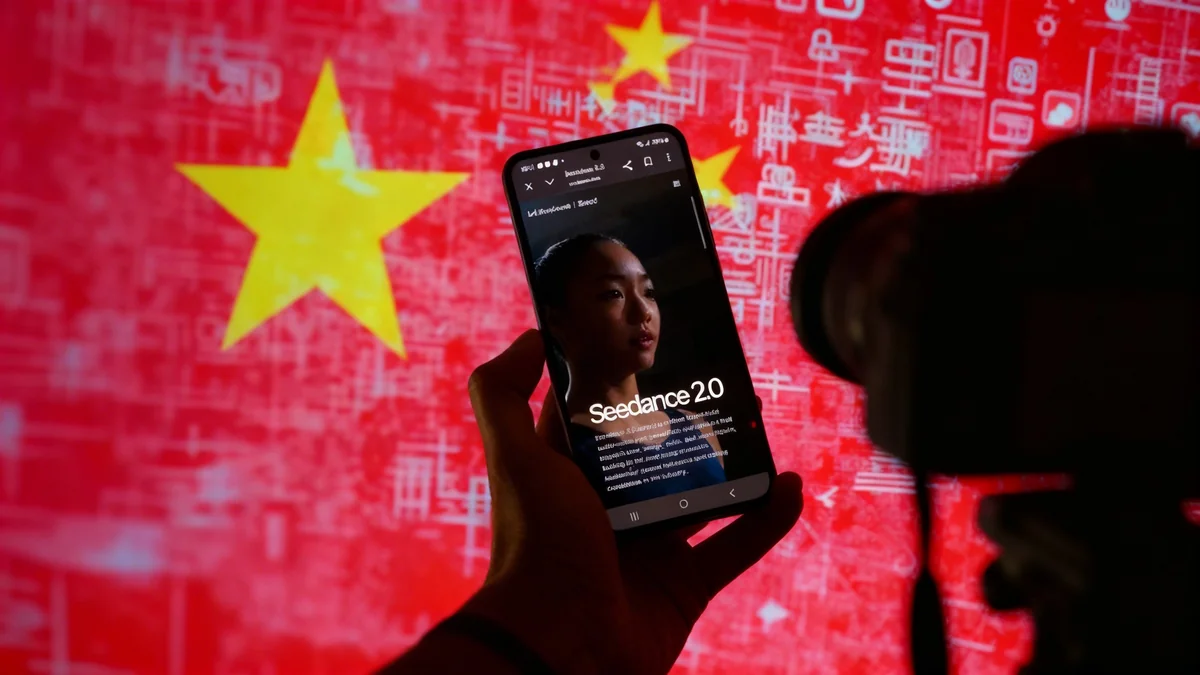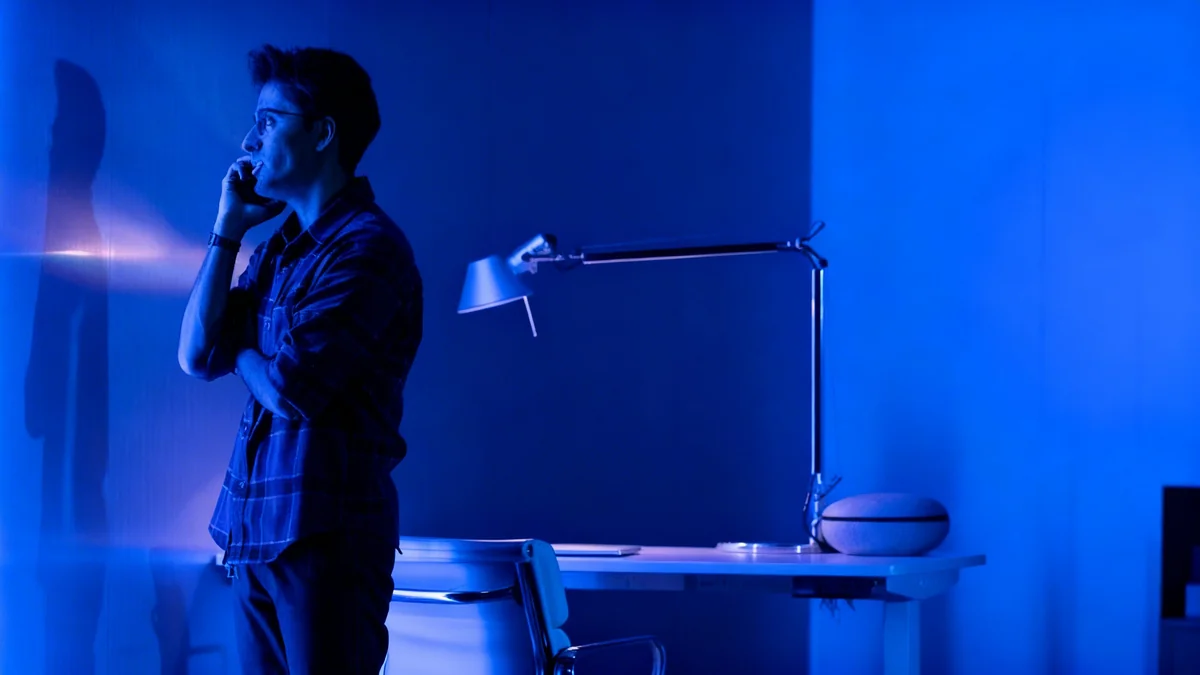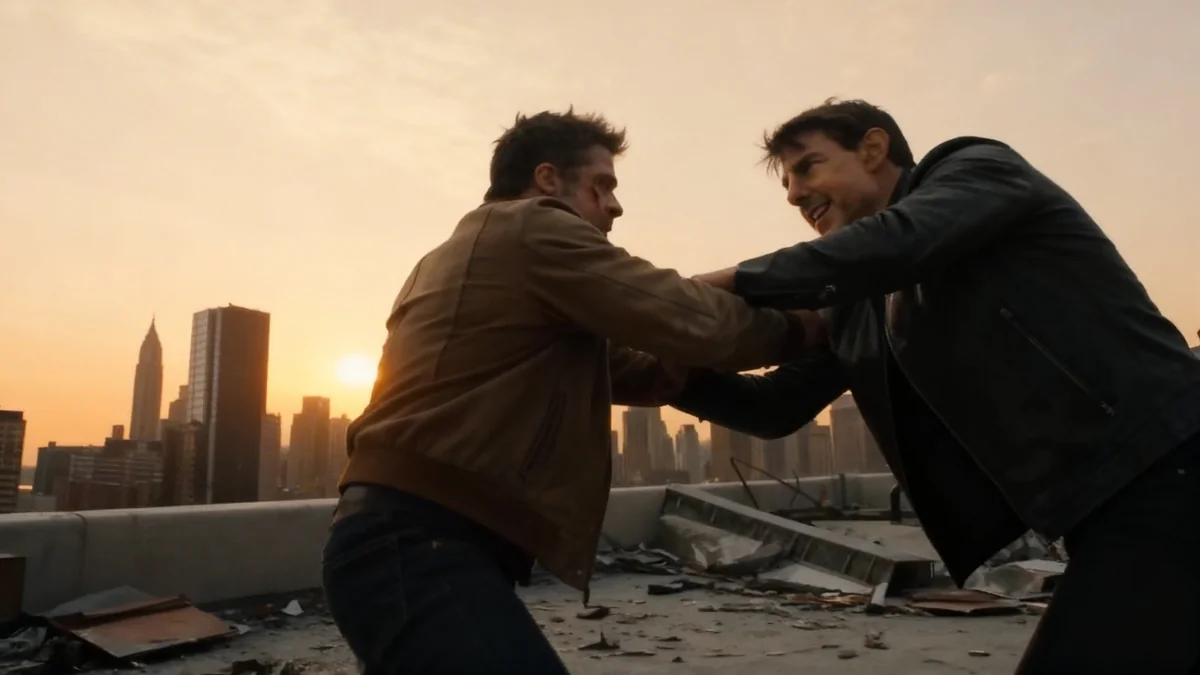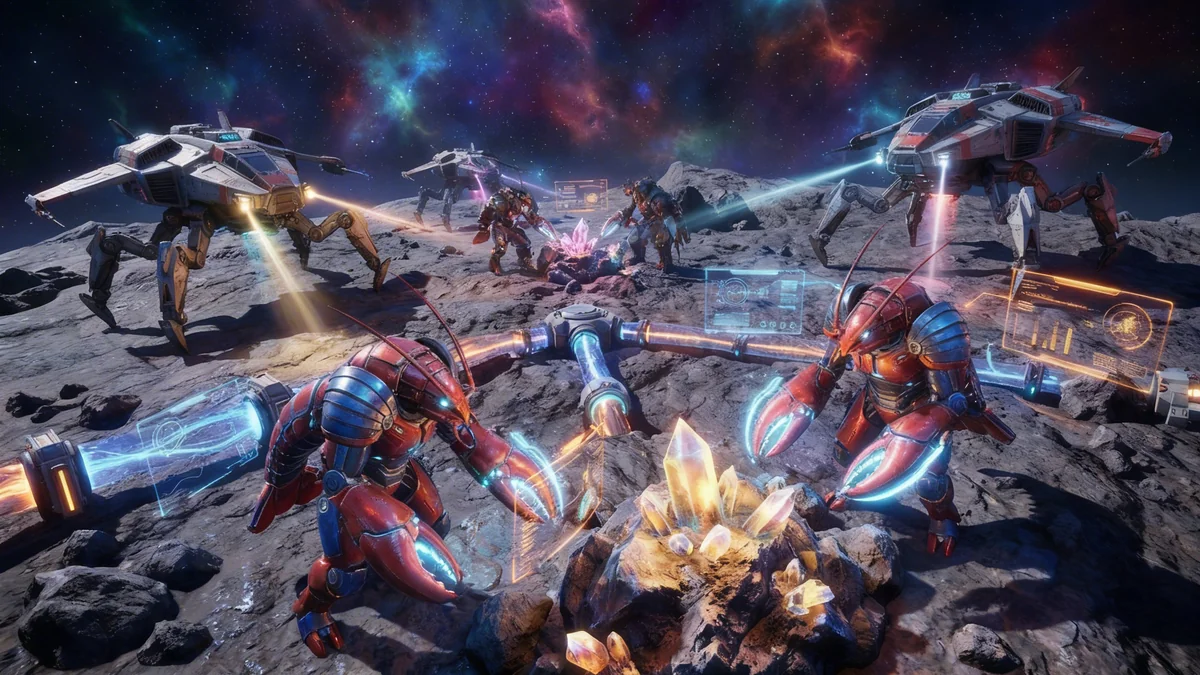A powerful coalition of Japanese entertainment companies, including major players like Toei and Square Enix, has formally demanded that OpenAI cease using their copyrighted content to train its generative AI models. The group alleges that the tech company's new Sora 2 model is being trained on their intellectual property without permission, constituting copyright infringement.
The Content Overseas Distribution Association (CODA), which represents nearly 20 prominent Japanese creative firms, sent a written request to OpenAI outlining its concerns. The letter claims that a significant amount of content generated by Sora 2 bears a strong resemblance to Japanese creative works, suggesting it was trained on a large volume of their protected material.
Key Takeaways
- A Japanese industry group, CODA, has accused OpenAI of using copyrighted material to train its Sora 2 AI.
- Members include major studios like Toei (One Piece) and game developer Square Enix (Final Fantasy).
- The group demands OpenAI stop using their content without explicit permission, citing Japanese copyright law.
- This action follows previous warnings from the Japanese government regarding AI's use of local creative works.
A Direct Challenge Over Training Data
The formal request from CODA marks a significant escalation in the global debate over the materials used to train powerful AI systems. The association's letter to OpenAI makes two primary demands. First, it insists that OpenAI's members' content not be used for machine learning unless explicit permission is granted beforehand.
Second, CODA has asked the AI developer to “respond sincerely to claims and inquiries from CODA member companies regarding copyright infringement related to Sora 2’s outputs.” This puts the onus on OpenAI to address specific instances where its AI-generated content may violate existing copyrights.
The coalition's stance directly challenges OpenAI's current operational policy, which generally involves using publicly available data unless a copyright holder explicitly opts out. CODA argues this approach is incompatible with Japanese law.
The "Opt-In" Versus "Opt-Out" Debate
At the heart of the dispute is a fundamental disagreement over consent. According to CODA, Japanese copyright law generally requires an "opt-in" system, where permission must be secured before a copyrighted work can be used for purposes like AI training.
What is Sora 2?
Sora 2 is a generative AI model developed by OpenAI, designed to create video and image content from text prompts. Its capabilities have raised questions about the vast amounts of data required to train such a system and the sources of that data, particularly copyrighted images and videos from across the internet.
OpenAI's model, common among many Western tech firms, relies on an "opt-out" framework. This means it scrapes and uses data unless a creator actively files a request to have their work excluded. The Japanese companies contend this practice is a violation of their rights under their country's legal system.
In a statement, the companies warned they would “take appropriate legal and ethical action against copyright infringement, regardless of whether we use generative AI.”
This firm stance indicates that if OpenAI does not respond satisfactorily, the matter could move from a formal request to a legal battle with significant financial and reputational implications.
Growing Concerns from Japanese Government and Creators
The action by CODA is not an isolated event. It reflects a broader and growing concern within Japan about the protection of its cultural assets in the age of generative AI. In October, the Japanese government itself formally requested that OpenAI stop infringing on the country's popular anime and video games.
A Cultural Treasure
During discussions on the topic, Minoru Kiuchi, Japan's minister of state for intellectual property and AI strategy, referred to works like One Piece and Demon Slayer as some of the country's “irreplaceable treasures,” highlighting the cultural significance of the IP at stake.
The issue has gained traction among politicians who have publicly criticized AI models for their unauthorized use of distinct Japanese artistic styles. Even OpenAI's CEO, Sam Altman, previously highlighted the ability of ChatGPT to create images in a style similar to that of the famed Studio Ghibli, an example that creators now point to as evidence of training on their work.
The collective action by Japan's creative industry places new pressure on OpenAI and other AI developers to provide transparency about their training data and to respect international copyright laws. As of this report, OpenAI has not publicly responded to CODA's request. The outcome of this confrontation could set a crucial precedent for how AI companies interact with copyright holders worldwide.
